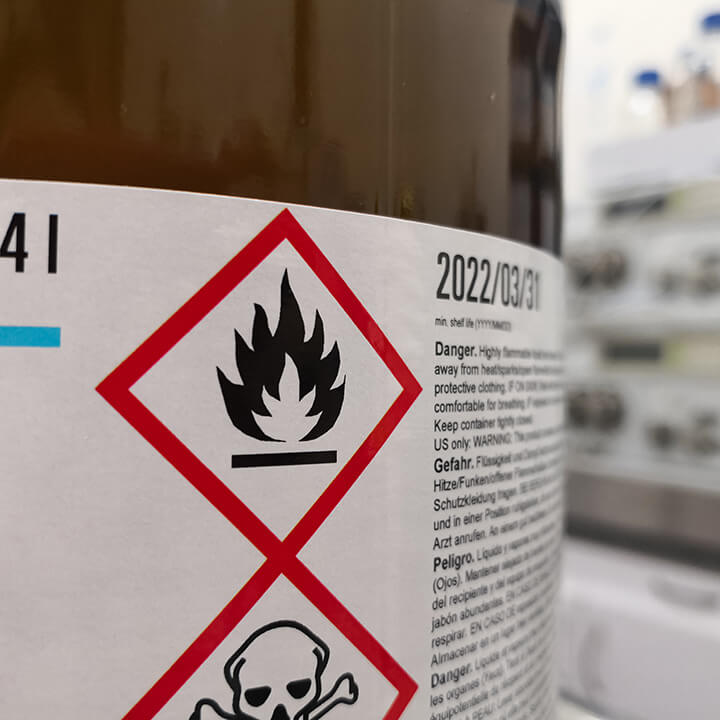The latest OPSS enforcement policy and what it means for your business
18th August 2022
Walker Morris Regulatory & Compliance expert Claire Burrows considers the recently published updated enforcement policy from the Office for Product Safety and Standards (OPSS). The document sets out the approach the OPSS takes in dealing with non-compliance by businesses that it regulates and to potential product safety risks. The stated aims are to: set the framework for the body’s decision-making in relation to non-compliance; and to help those affected by its activities to understand how and why decisions are made.

What does the OPSS enforcement policy say?
The latest edition of the policy establishes the framework the OPSS follows in relation to non-compliance or product safety issues. It advises on questions and topics such as:
- What factors the OPSS will consider when assessing non-compliance. This includes the impact of the non-compliance or product safety issue, the steps taken by the business to prevent the act of non-compliance, or the willingness of the business to address the conduct and/or issue.
- What the OPSS will do when requiring a business to take action. This includes clearly explaining the nature of the non-compliance, setting reasonable timescales and providing written details on how to appeal.
- How it will exercise its powers to conduct investigations in accordance with particular legislation, for example the Police and Criminal Evidence Act 1984. OPSS officers have the power to enter a business premises, inspect products and seize documentation.
What powers does the OPSS have?
The OPSS enforcement policy also establishes the powers the OPSS has with respect to enforcement. The OPSS deploys the available actions flexibly. They include:
- Issuing advice, guidance and written warnings. The OPSS may take this action alongside exercising other powers, to identify and discuss alternative routes to compliance. Instances where the OPSS will consider this action as a sole response include where non-compliance is relatively low, or the business has a good compliance record.
- Agreeing actions with the business. This includes the acceptance of undertakings from a business to take specified actions within a defined timeframe, to address the non-compliance and make sure it does not recur.
- Issuing statutory notices which vary in nature under different legislation. They may require rectification of non-compliance or prohibition of specified activities.
- Imposing monetary penalties where available under particular legislation.
- Starting criminal proceedings where there is recurrent non-compliance. A simple caution can be used as a proportionate alternative in come cases.
- Reporting a case to the Procurator Fiscal in Scotland or the Public Prosecution Service in Northern Ireland.
- Referring the matter to another enforcement body for investigation or action.
What does the OPSS enforcement policy mean for your business?
Ultimately the policy establishes that the OPSS commits to regulating in a risk-based, proportionate and consistent manner, and that it aims for transparency and accountability in its approach. Understanding the framework and decision process the OPSS will take with respect to enforcement will help all businesses to understand the impact of failing to comply with product safety legislation. While the OPSS has access to a wide variety of enforcement tools, it is clear that consideration should be given to the overarching legislation relevant to the particular product, service and/or sector.
Businesses that occupy any role in a supply chain that ultimately place products on the GB market should reflect on their legal obligations, making sure they have identified all relevant product safety legislation and challenge their processes for ensuring compliance. This is particularly important in light of recent changes to product safety legislation as a result of Brexit, including the introduction of the new UKCA mark. Regular compliance audits and independent advice can help to ensure best practice, highlight potential blind spots in compliance programmes and reduce the risk of falling foul of product safety legislation.
How we can help
Making sure your business is taking the right actions in the face of the introduction and application of new regulations and guidance is essential to help the business remain compliant and avoid product safety risks.
Our Commercial, Regulatory & Compliance and International Trade specialists are well placed to help navigate the developments in your particular sector.
If you have any queries or need advice or assistance in relation to the new OPSS enforcement policy or other developments, please contact Claire.






